
By Mallika Kapur, Bloomberg Live
At Bloomberg Live’s July 22 virtual event, Bloomberg’s Rosalind Chin hosted conversations with key voices from across Asia who are using data and digitization to make our lives safer, easier and more efficient. In a world rocked by the pandemic, data is the new currency.
Speakers included:
- Arthur Chan, CEO and Director, Saga Digits
- Emma Gray, Group Executive, Data and Automation, ANZ
- Sunita Maheshwari, Co-Founder, Teleradiology Solutions
- Audrey Tang, Digital Minister, Taiwan
- Jamie Tarabay, Reporter, Cyber Security, Bloomberg
- Rosalind Chin, Reporter, Bloomberg Television
Click here to view video of the full discussion.
A few of the key takeaways:
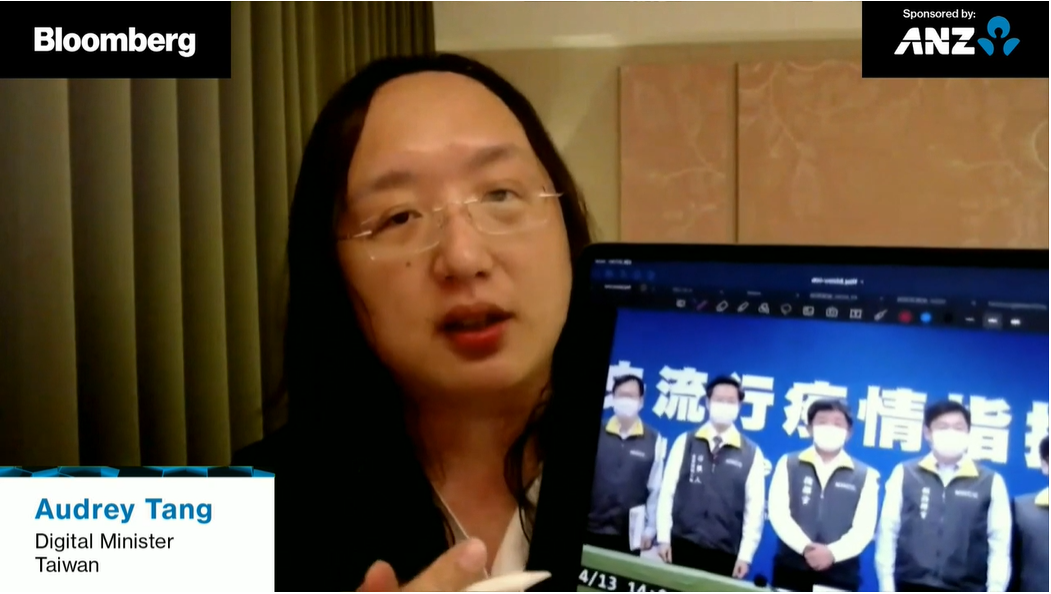
- Taiwan, home to 24 million people, has won praise for the way it has handled the pandemic. Its success is largely due to the use of a mobile phone based “digital fence”. If a person quarantining at home steps out, a phone based app alerts the local police. Is this an invasion of privacy? Some say it is. Does it work? Taiwan has one of the lowest infection rates in the world.
Audrey Tang, Digital Minister, Taiwan, says the data collected from mobile phones is not new. When a customer signs up for roaming services on their phones, they give their telecom provider access to their location. The government uses this data to provide citizens essential information, for example, a heads up about a typhoon. These days, their location is used to ensure they stay at home and don’t break quarantine rules. “Anything that is around when I am born is called human nature. Anything discovered after that is called technology,” Tang said, adding, “anything that is deployed before the pandemic is called social normal. Anything we invent after that, will be highly contested or controversial!”
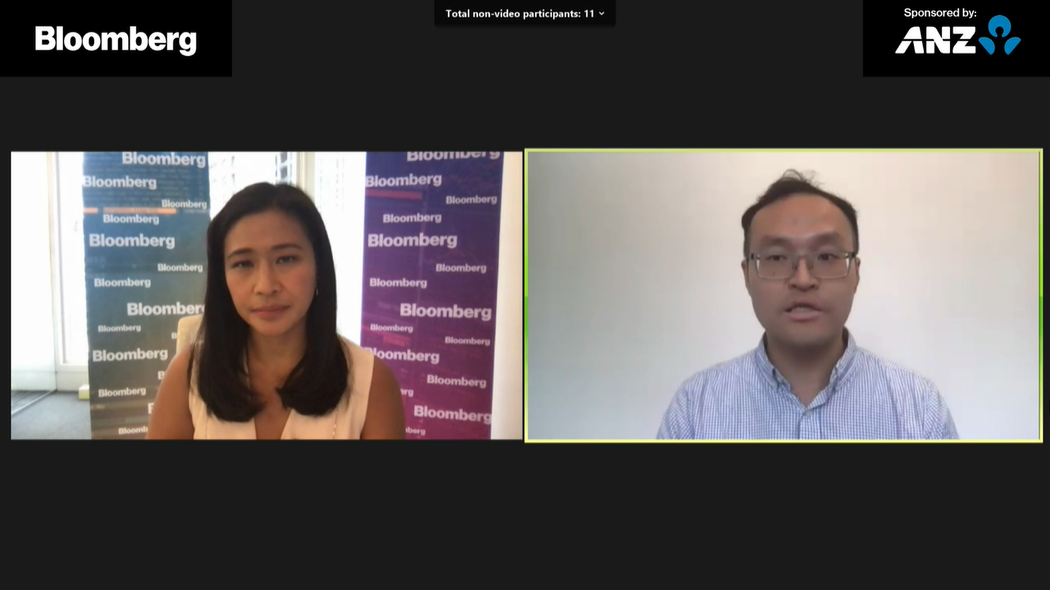
- Hong Kong uses a similar system. Passengers arriving at Hong Kong airport are given an electronic bracelet which connects to a mobile phone based app, “Stay Home Safe,” developed by Saga Digits. A person must wear this location-tracking wristbands for the two weeks quarantine period. Addressing privacy concerns around the use of this technology, Arthur Chan, CEO and Director, Saga Digits said the app does not include the identity or the location of the person wearing the wrist band. Instead, it looks for signal changes which suggests a person has left his or her place of quarantine. “Our focus is on keeping people at home, not on tracking them,” Chan said, adding that the data is deleted after 3 months.
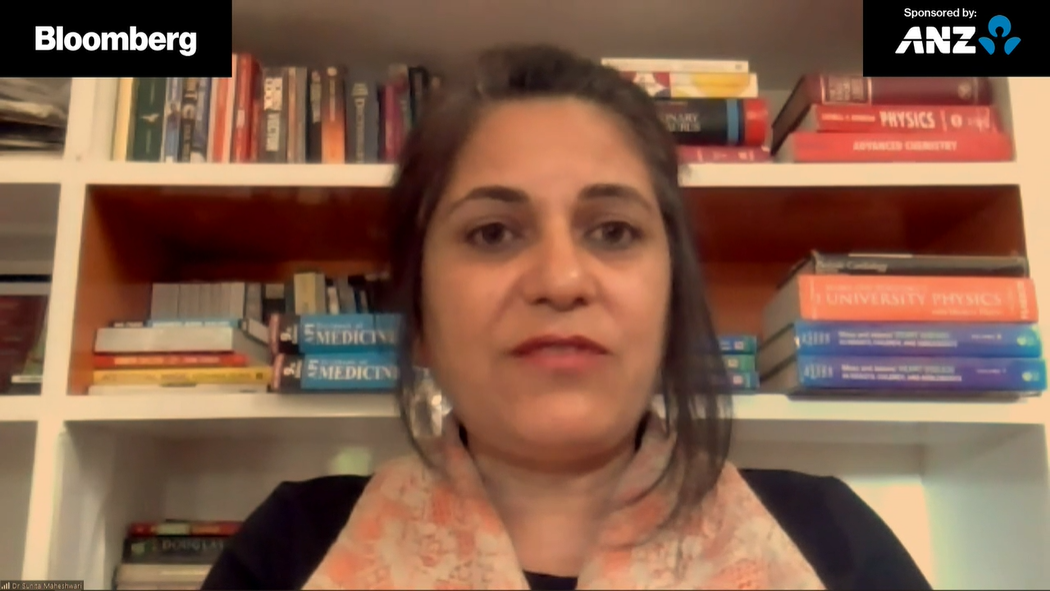
- Many existing businesses have had to pivot to adapt to the new normal. Teleradiology Solutions has been using technology for healthcare services since 2002. Employees of the Bangalore based company read radiology reports from labs around the world, mainly the US, and send diagnoses back. A sudden lockdown imposed in India in March led to a rapid decline in their diagnostic readings. “Volume went down by 80%,” says Sunita Maheshwari, co-founder, Teleradiology Solutions. “But that also meant the staff had 80% more time.” So the company made the most of this spare capacity by investing in further training for employees. With the lockdown extended, doctors have become busy with tele-consultations. Sometimes it’s done via WhatsApp, sometimes via their laptops. But what happens if a phone gets lost? “How do we keep this data safe? We need to think this through,” Maheswari says.
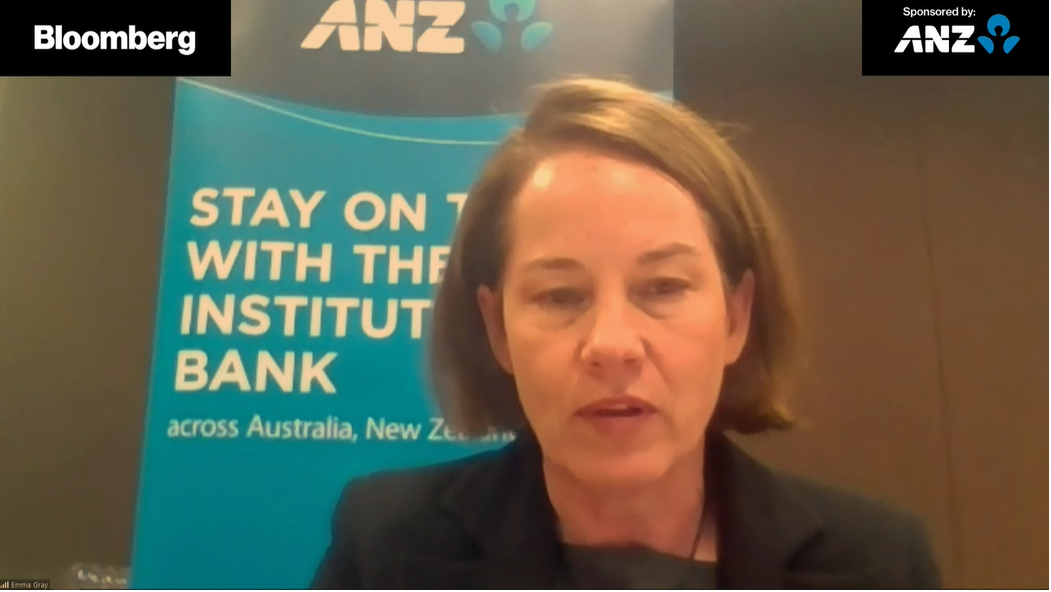
- At ANZ, the pandemic has given the bank a chance to know its customers better. People have different personal situations which is reflected in data, says Emma Gray, Group Executive, Data and Automation, ANZ. That’s allowed ANZ to tailor its services to meet the unique needs of its customers and have more personal discussions with them. ANZ is passing these insights on to the government so it can help citizens better. Being able to be part of the solution has given employees a boost at ANZ, says Gray. “People are really feeling the purpose.”
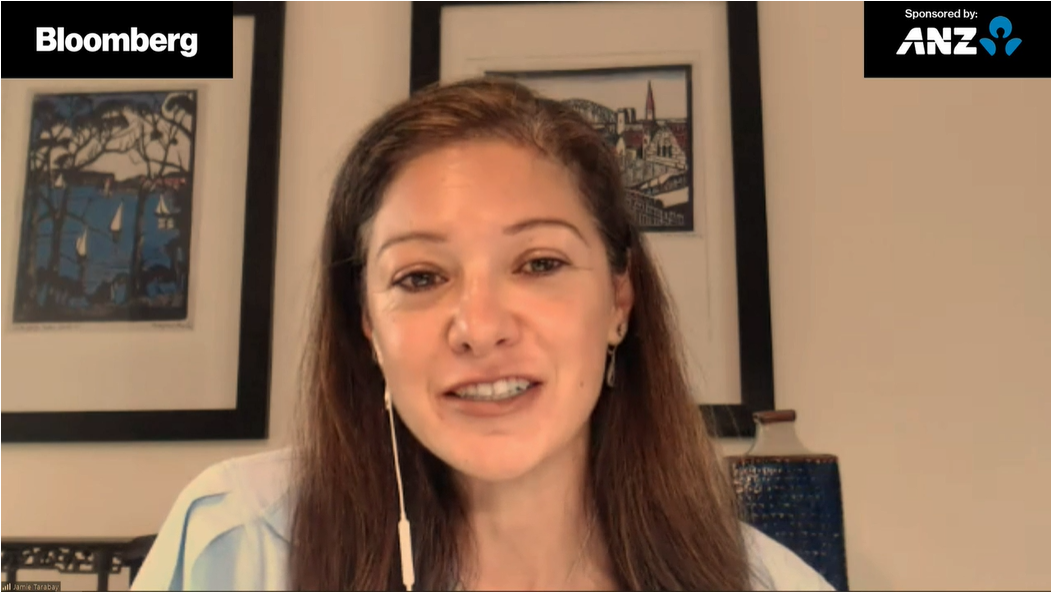
- The problem with so much digitization, though, is it is a hayday for hackers, says Jamie Tarabay, cyber security reporter, Bloomberg. She says that there has been a massive spike in the number of cyber attacks since the pandemic started. There is a lot of vulnerability, Tarabay says, adding that a surprising number of people haven’t done a simple thing like update their passwords. People need to calibrate for the future, she says. There’s no sign of the world relying any less on technology in the coming months. “They need to fortify their security networks now.”
This virtual briefing was Proudly Sponsored By

——————————
Join the Conversation: #TheNewCurrency
Instagram: @BloombergLive
LinkedIn: Bloomberg Live
Twitter: @BloombergLive
Interested in more Bloomberg Live virtual events? Sign up here to get alerts.
——————————